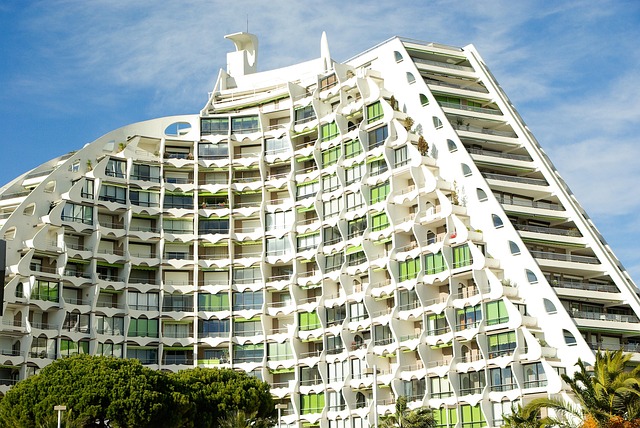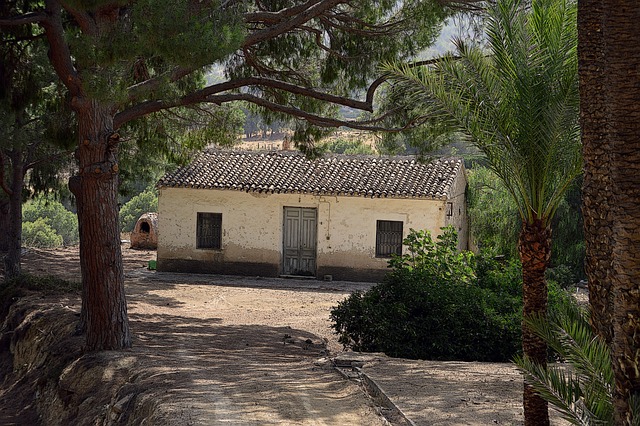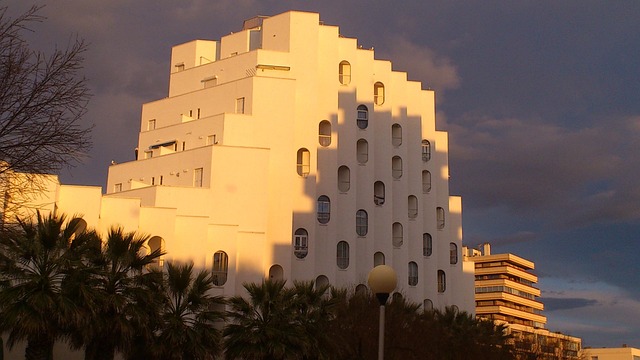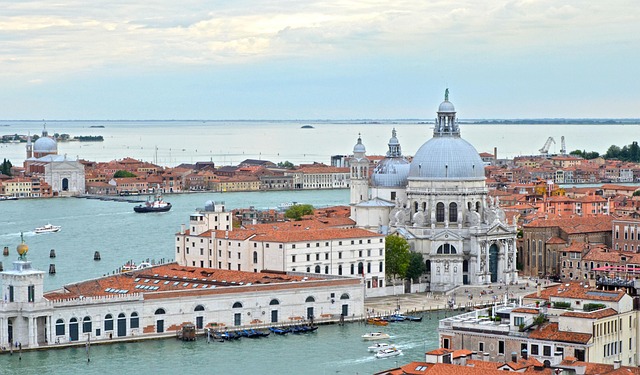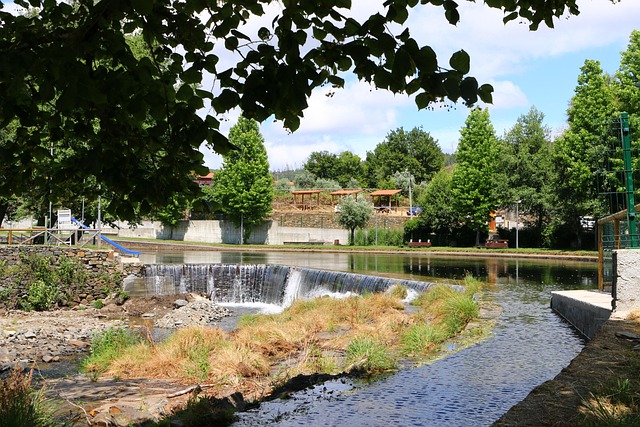Cultural festivals drive community bonding and economic growth in real estate sectors by attracting locals and visitors with vibrant celebrations, fostering unity, stimulating regional economies, enhancing location appeal, and encouraging second-home ownership. These events showcase local cultures, historic landmarks, and diverse cuisine, creating emotional connections that spur repeat tourism. The positive impact on real estate markets includes improved infrastructure, increased property values, and sustainable tourism promotion, benefiting both residents and developers.
Cultural events and festivals are vibrant threads weaving communities together, fostering economic growth, and attracting tourists worldwide. These celebrations showcase local traditions, unique landscapes, and hidden gems, including real estate assets that often go unnoticed by outsiders. By preserving cultural heritage, cities solidify their urban identities while promoting sustainable tourism, ensuring a thriving, distinctive appeal for years to come.
The Role of Cultural Festivals in Community Building and Economic Growth
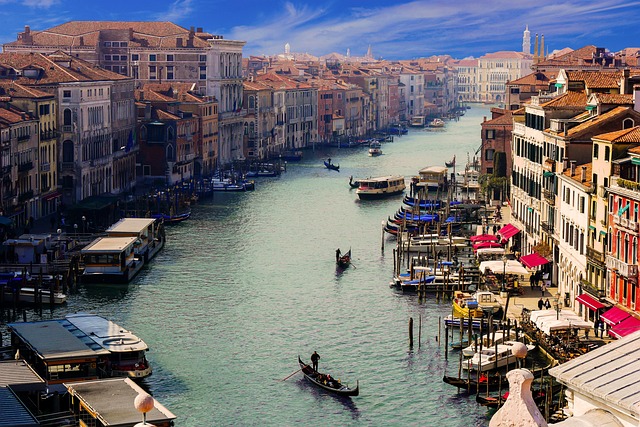
Cultural festivals play a pivotal role in fostering community bonds and driving economic growth, especially in real estate sectors. These vibrant celebrations bring people together, creating an atmosphere of unity and shared experiences. Locals and visitors alike engage in activities, explore diverse cultures, and support local businesses, which stimulates the regional economy. The positive buzz generated by festivals can significantly enhance a location’s appeal, attracting potential buyers and investors to the area.
Moreover, cultural events often showcase the unique character and history of a community, making them attractive places to live or invest in real estate. Festival goers are captivated by the local traditions, crafts, and cuisines, leaving a lasting impression that encourages second-home ownership or permanent relocation. This economic boost can lead to revitalized neighborhoods, improved infrastructure, and increased property values, benefiting both residents and developers alike.
How Festivals Showcase Local Real Estate and Attract Tourists

Festivals have long been a celebration of culture, music, food, and art—but they also serve as powerful tools to showcase local real estate and attract tourists. These vibrant events become a window into the heart of a community, where visitors can experience the unique character and charm of a place. From bustling street fairs to grand cultural showcases, festivals highlight the best that a region has to offer, including its historic landmarks, scenic beauty, and diverse cuisine.
Tourists are drawn to these events not only for their entertainment value but also because they provide an opportunity to immerse themselves in a new environment. The energy and excitement generated by festivals create a memorable experience, leaving visitors with a strong connection to the host location. This emotional attachment often translates into increased tourism, as people return year after year to participate in or revisit the festivals that left a lasting impression, thereby boosting local real estate markets through enhanced appeal and visibility.
Preserving Tradition: The Importance of Cultural Events for Urban Identity and Tourism Sustainability
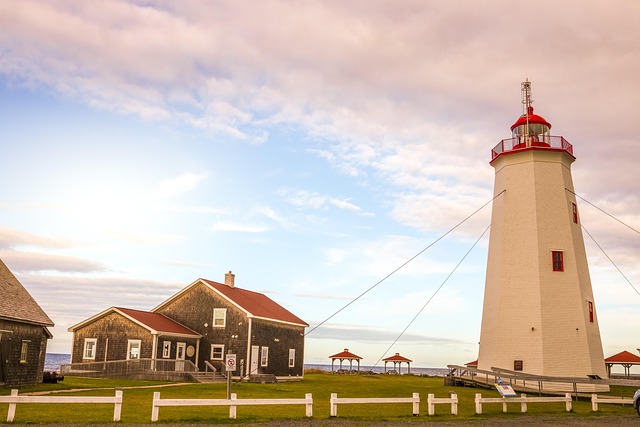
Cultural events and festivals play a pivotal role in preserving urban traditions, fostering community engagement, and boosting local tourism. These vibrant celebrations become integral parts of a city’s identity, attracting visitors from near and far who are eager to immerse themselves in the unique cultural tapestry. In today’s competitive travel market, where destinations vie for attention, well-organized cultural events can be game changers, leaving lasting impressions on attendees and encouraging repeat visits.
For real estate professionals, understanding the significance of these festivals is key to sustainable tourism. They not only enhance the overall visitor experience but also contribute to the economic growth of local communities. By promoting cultural events, cities can attract a diverse range of tourists, increase occupancy rates in accommodations, and stimulate spending at nearby businesses, ultimately benefiting the local real estate market and ensuring its longevity.
